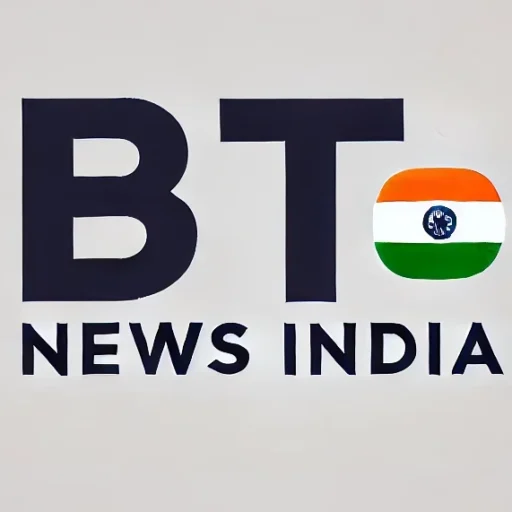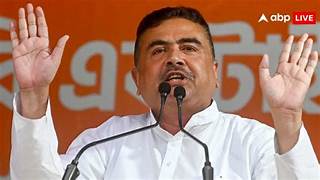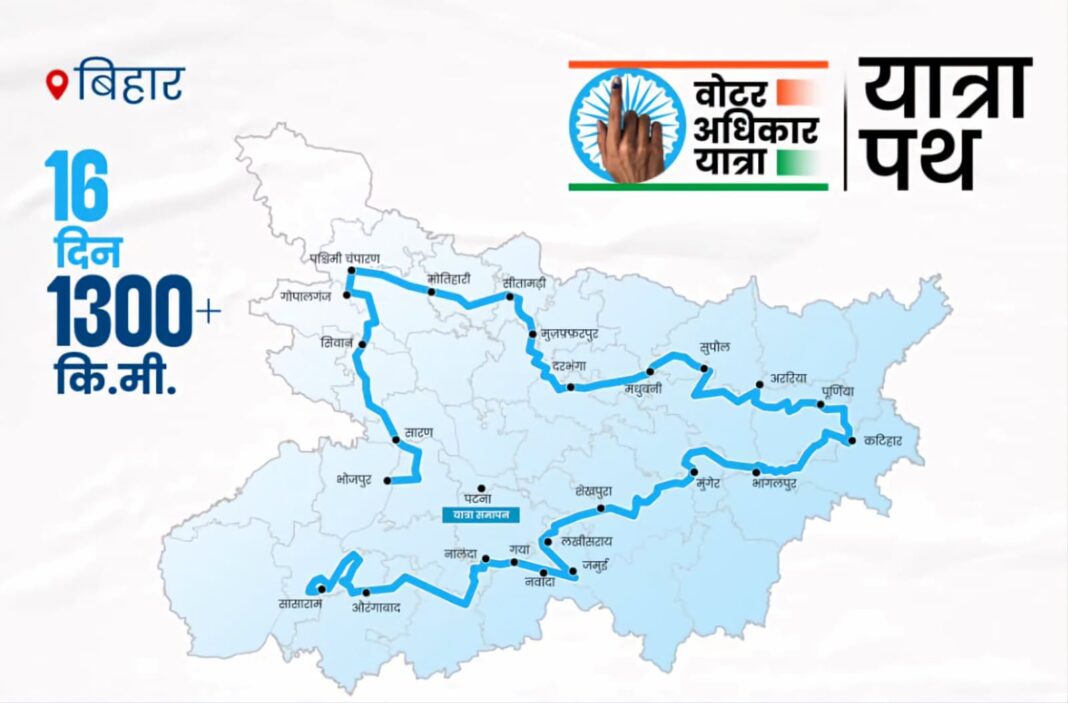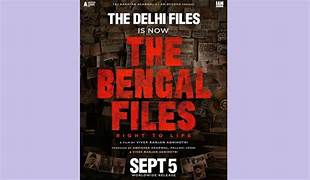West Bengal LoP Accuses TMC Government of Insensitivity, Likens It to ‘Muslim League 2
Published on: August 17, 2025
By: BTNI
Location: Kolkata, India
In a scathing attack, West Bengal Leader of Opposition and BJP leader Suvendu Adhikari has accused Chief Minister Mamata Banerjee of gross insensitivity for celebrating ‘Khela Hobe Diwas’ on August 16, the anniversary of the tragic Direct Action Day of 1946. Adhikari claimed that the day, which saw the loss of approximately 10,000 Hindu lives in Kolkata due to communal violence orchestrated by the Muslim League, is being dishonored by the Trinamool Congress (TMC) government’s celebrations.
Speaking in Kolkata, Adhikari described the TMC government as “Muslim League 2,” alleging that the choice of date for ‘Khela Hobe Diwas’—a slogan associated with TMC’s political campaigns—disrespects the memory of the victims of the 1946 violence. “On this day, 10,000 Hindus were murdered in Kolkata, and the Muslim League celebrated it as Direct Action Day. Today, Mamata Banerjee is celebrating it as ‘Khela Hobe Diwas’. This is nothing short of an insult to the victims and their families,” he stated.
Also read- https://www.btnewsindia.com/rahul-gandhi-to-adopt-22-children-orphaned-by-pakistan-shelling-in-operation-sindoor/ https://www.btnewsindia.com/priyanka-gandhis-witty-retort-to-bjps-non-serious-jibe-at-rahul-gandhi/
The remarks have intensified the political slugfest in West Bengal, with the BJP accusing the TMC of attempting to whitewash historical tragedies for political gain. Adhikari’s comments come amid growing controversy over the state government’s alleged interference in cultural and historical narratives, including the recent halt of the trailer screening of The Bengal Files, a film on the 1946 violence.
The TMC has dismissed Adhikari’s allegations as politically motivated, with party leaders arguing that ‘Khela Hobe Diwas’ is meant to celebrate democratic resilience and has no connection to historical events. However, the BJP’s sharp critique has sparked a heated debate, with many calling for greater sensitivity toward the historical significance of August 16.As the controversy unfolds, Adhikari’s statements have reignited discussions about the legacy of Direct Action Day and its place in West Bengal’s collective memory, raising questions about the intersection of politics, history, and public sentiment.




